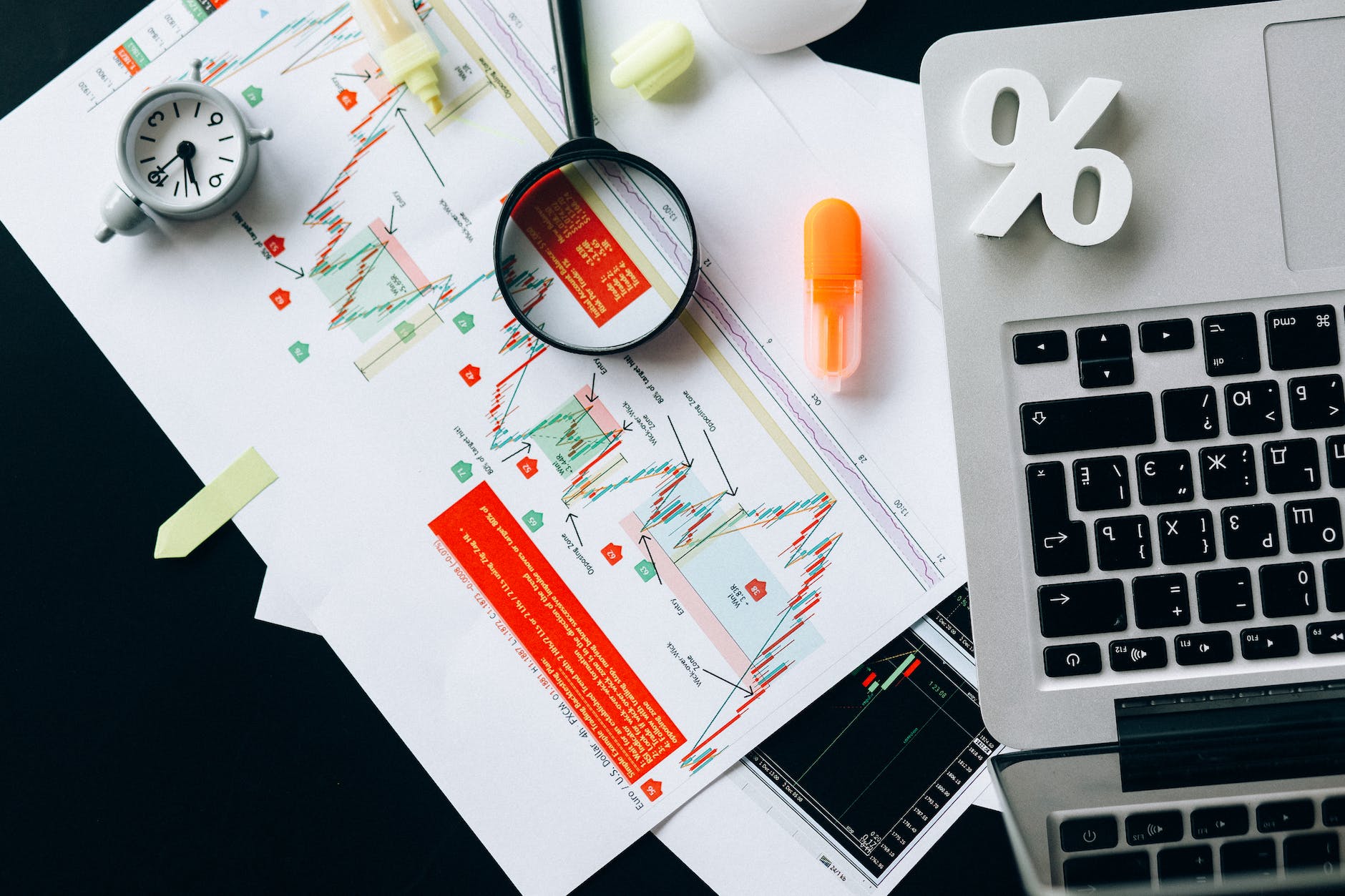Due to the Internet, anyone can quickly go online and start trading in forex. Unfortunately, it’s also straightforward to become a victim of various forex scams, including fraudulent brokers, dishonest “expert” consultants, bogus dummy corporations, and shady automated trading systems.
Although the likelihood of widespread internet trading fraud shouldn’t necessarily discourage you from using the forex market, it should at the very least serve as a reminder that you should exercise caution and diligence.
Continue reading for ten suggestions on preventing fraudulent forex losses if you’ve had the bad luck to experience it. The next piece of advice is essential for both new and seasoned traders alike, alongside the victims of forex scams and trading.
Tips to avoid Forex Scams & Trading
1. Avoid being conned once more
Emotions can run high when you discover you’ve been conned, but keeping your composure is crucial. First, take quick steps to ensure that the con artists can no longer access your money. For example, cancel any subscriptions and restrict access to your bank account.
If a grievance process is in place, use it. Even well-known and reliable businesses have been known to violate the law. Alternatively, file a formal complaint with the regulator if the industry is governed. Finally, you could think about working with a specialized funds recovery company for fraudulent businesses that are difficult to deal with or are maybe unregulated.
Every single forex trader has encountered setbacks and losses along the way. But astute and profitable traders examine the causes of the failure and draw lessons from their errors.
2. Consult a professional to recover your money
If you’ve received unfair or illegal treatment, you could believe that your money is lost forever. However, some devoted, qualified businesses can support you in getting your money back. These businesses hire seasoned professionals from the banking, legal, and FX industries, and you can benefit from their extensive knowledge by speeding up your monetary recovery.
The threat of legal action can sometimes deter Forex scam artists, but the top fund recovery companies can take action on your behalf if there is sufficient evidence to support you. Unfortunately, there are instances where money is lost forever; however, if you’ve been defrauded and lost money in forex, this option is unquestionably worthwhile as it enables you to conduct further investigation.
3. Employ a reputable broker or system
Forex scams can take many forms, but most of them are carried out by companies that are either unregulated or operating under weak regulations. As previously said in ancient Rome, Caveat emptor means “let the buyer beware.” Do your homework, get recommendations from friends and coworkers, verify the company’s qualifications for yourself, and, most importantly, resist falling for overblown marketing bluster before selecting a broker or automated trading system.
Although taking this action may be a case of learning from your mistakes, but, it’s crucial to avoid repeating them. You can prevent most, if not all, forms of forex trading fraud by making a careful choice of selecting a reliable broker or automated trading platform at the initial phase.
4. Distance yourself from emotional trading
Nobody enjoys admitting they were wrong, but if you want to succeed at forex trading, you must be able to step back and analyze why you failed. Anyhow, forex trading is similar to gambling; therefore, be careful not to behave like the player who keeps increasing their wagers to recover their mounting losses.
In the worst-case scenarios, you might face the fact that forex trading isn’t for you. Alternatively, you can lessen or do away with the emotional component by collaborating more closely with a seasoned broker or using an automated trading system.
5. Increase your experience & knowledge
It may be difficult to accept, but your losses may be due to a lack of information and experience. There is a claim that you can learn by practicing, but if you approach forex that way, you put your investments at risk and learn some challenging – and costly – lessons.
Therefore, conduct your research and broaden your knowledge. Take advantage of the many free demo trading accounts available to you so you can improve your skills before actively jumping on to the real thing. Even better, having more experience will make it easier for you to identify fraudsters.
6. Manage your risks
Risk management principles are surprisingly straightforward: the likelihood of a more significant return increases with the risk level. Yet there’s also more of a chance for substantial losses. It would help if you didn’t let the seeming simplicity of risking your trade for higher profits fools you into underestimating the vital significance of a well-thought-out risk-management approach.
It may appear to be common sense, and it is! If you want to prevent suffering from significant losses due to online trading frauds, you should always have a substantial risk/reward ratio in place, long before you even begin to consider trading.
7. Failure to plan is a planned failure
A well-designed and carefully thought-out trading strategy are priceless and it is helpful to save you from making expensive errors. Your plan should encompass personal goals, entrance and exit criteria, currencies and market coverage, techniques and strategies, risk management, and—possibly and most importantly—position size.
However, remember that the forex market is notoriously volatile, so you should regularly examine, monitor, and alter your plan.
8. Adjust, adjust, and adjust
One of the primary draws of the forex market for many traders is that it is a market that is constantly changing. New market-impacting economic events, regulatory adjustments, political upheavals, and trade agreements occur daily. It implies that there are new chances and threats every day.
Because of these ongoing changes, it is also essential to be able to adapt if you want to be successful in the currency market. The most successful traders are those who can foresee how new events will affect the market and can adapt to such changes quickly.
9. Limit your trading
If you’re new to the game, there can be a tendency to overtrade, making you execute too many transactions or trades that are too big, on a roll, making you chase a loss. The straightforward yet wise advice given here is to avoid overtrading.
This action brings both investment planning and risk management within your scope. It’s too simple to make decisions out of emotion but it is certain that you’ll regret most of them later. You can avoid the risks of overtrading, such as excessive losses, burnout, poor decision-making, and sad thoughts of what could have been if you had a sound plan incorporating risk management.
10. Be practical
Be reasonable, consistently! If you’ve had a successful day, resist the need to go overly greedy, and don’t try to compress every last dollar out of the deal because doing so puts your gains at risk. Many traders have regretted their excessive greed in the end!
When you are losing money, you should still be realistic. Don’t chase it and run the danger of losing even more. There is always another opportunity to succeed in forex.
Conclusion
In terms of forex trading, frequently, what you don’t do is just as crucial as what you do! As an illustration, you should never increase your investment to cover a loss without fully comprehending the reasons behind your failure. Nevertheless, it is undoubtedly possible to succeed at forex trading with foresight, persistence, inspiration, experience, and, most importantly, hard effort.


